
Latest Articles about Kyrgyzstan
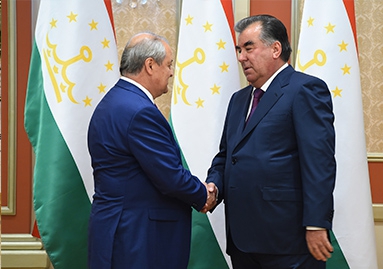
Uzbekistan Determined to Improve Relations With Its Neighbors
Uzbekistan’s diplomats may never have been quite as busy as Foreign Minister Abdulaziz Kamilov has been in just the past several weeks. In addition to attending or hosting a series of routine meetings, Kamilov has also become a goodwill ambassador for Uzbekistan’s interim president, Prime... MORE
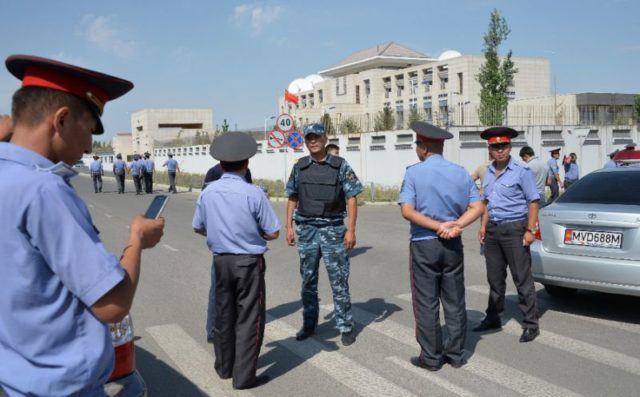
US and UK Embassies Warn of Potential Terrorist Attack in Bishkek, Surprise Kyrgyz Security Services
On October 8, both the United Kingdom’s and United States’ embassies in Bishkek issued warnings about an increased threat of a terrorist attack on Kyrgyzstan sometime that month. The suspected attack, if it materialized, was supposed to possibly involving the kidnapping and hostage taking of... MORE
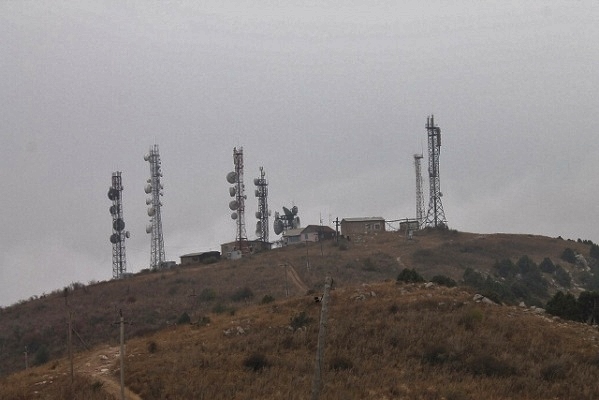
New Standoff Between Kyrgyzstan and Uzbekistan
Kyrgyzstan and Uzbekistan became embroiled in a fresh standoff over the disputed mountain Ungar-Too, located on the border. The latest incident once more highlighted the need for rapid and radical efforts to improve bilateral relations and eliminate tensions between the two neighboring countries. On August... MORE
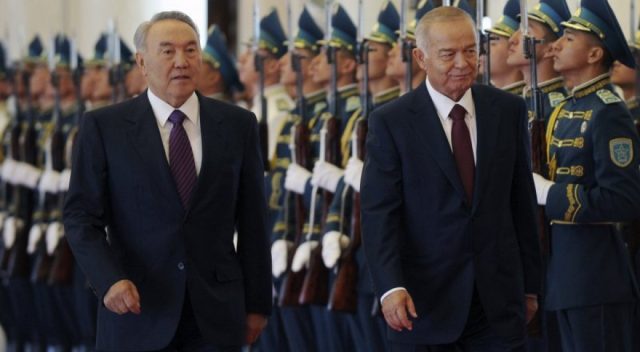
Generational Change in Central Asia about More Than Just Leaders
The death of Uzbekistan’s President Islam Karimov at 78 has focused attention on the issue of generational change both past and present across post-Soviet Central Asia. Given the central role played by these five republics’ presidents in the aftermath of the Soviet Union, that is... MORE
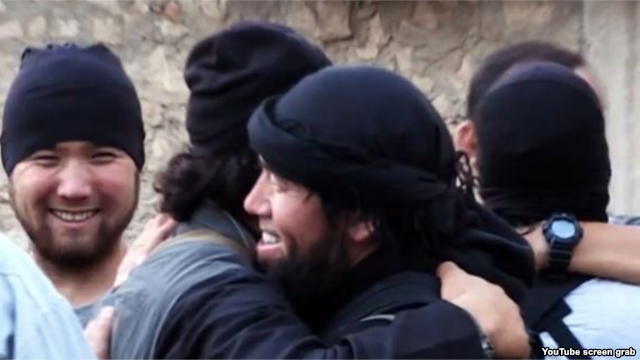
Istanbul and Aktobe Attacks Highlight Central Asians’ Role in Transnational Terrorist Networks
Since the start of the Syrian war in 2011, Central Asians have featured prominently among the anti-government militants. But until June 2016, as far as Central Asia was concerned, the impact of the war was contained almost entirely to Syria and Iraq and remote parts... MORE
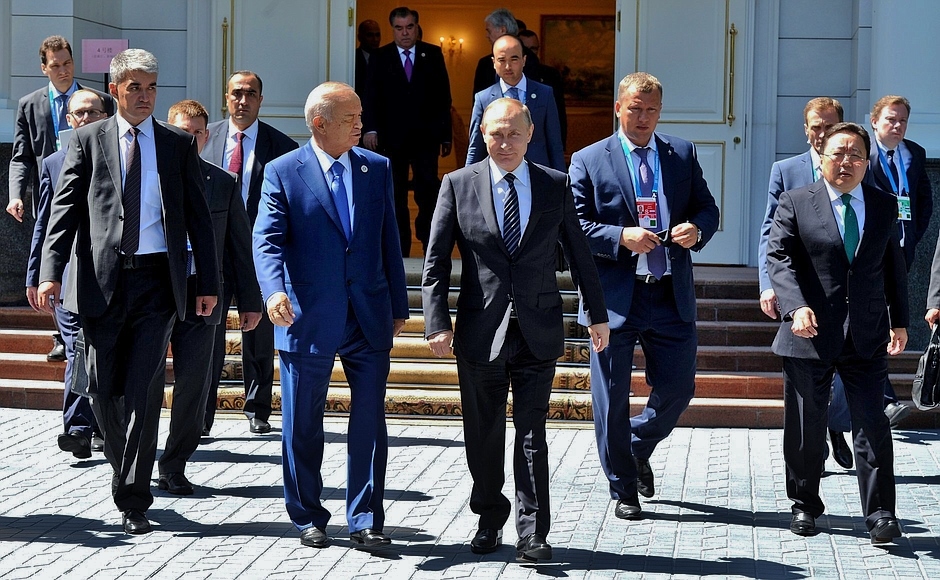
Future of the SCO Under Question After Tashkent Summit
The fifteenth meeting of the heads of state of the Shanghai Cooperation Organization (SCO) took place on June 23–24, in Tashkent, Uzbekistan. Participation in these annual meetings has been growing over the past several years and was even bigger this time as negotiations for admitting... MORE
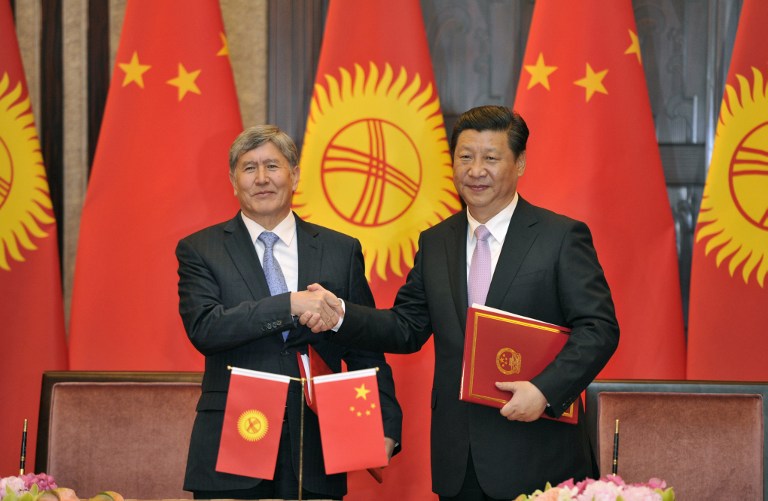
China Relocating Heavy Enterprises to Kyrgyzstan
Beijing and Bishkek have started negotiations on relocating 40 Chinese factories and plants to Kyrgyzstan. While Kyrgyzstan’s government says that this will help reindustrialize the country, there are concerns in Kyrgyz society that such plans will exacerbate Chinese expansion domestically. The government in Bishkek has... MORE
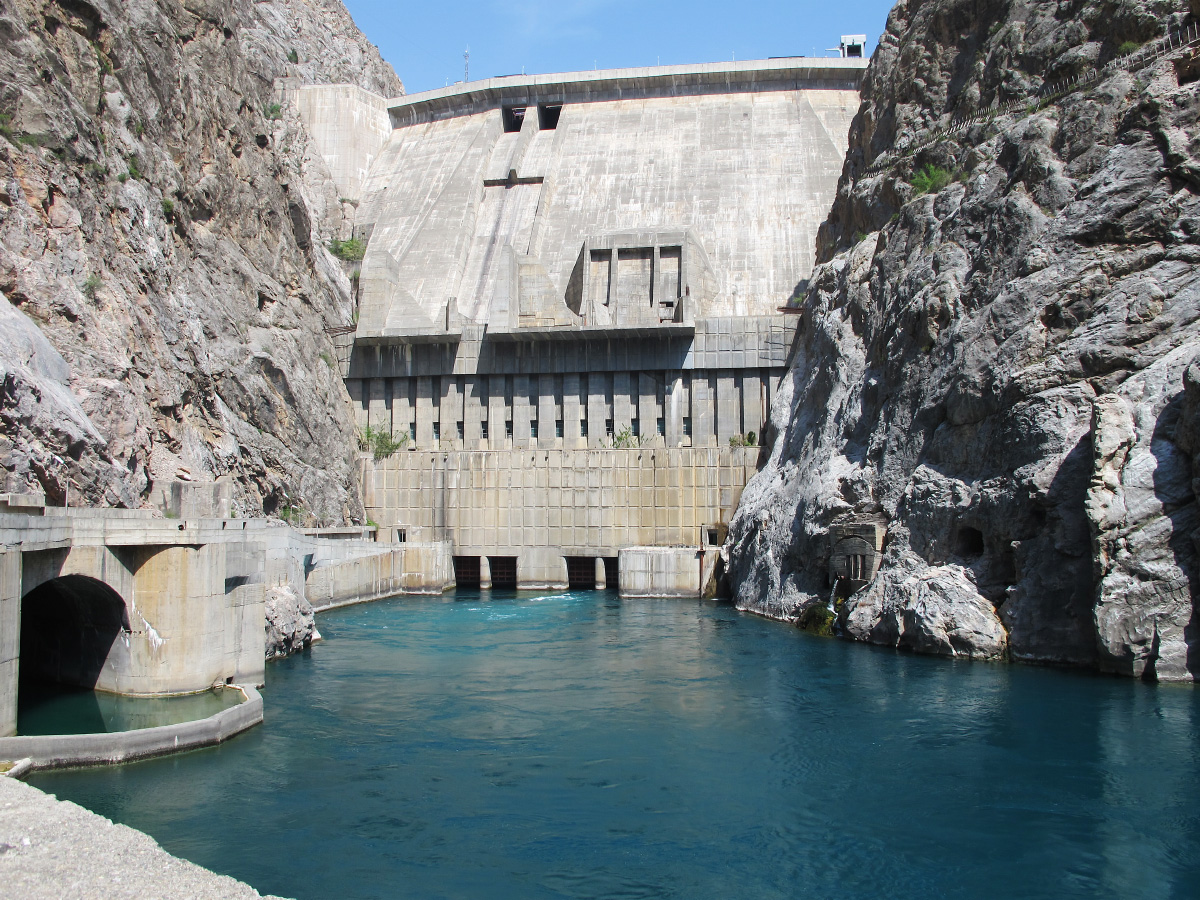
Kyrgyzstan’s Capacity to Meet Its CASA-1000 Obligations Comes Under Question
On May 12, the $1.17 billion CASA-1000 energy mega-project was inaugurated, in Tajikistan, by top-level officials from its participating countries—Afghanistan, Tajikistan, Pakistan and Kyrgyzstan (News.tj, May 12). Although CASA-1000 has secured financing from the United States, the United Kingdom, the World Bank and the European... MORE
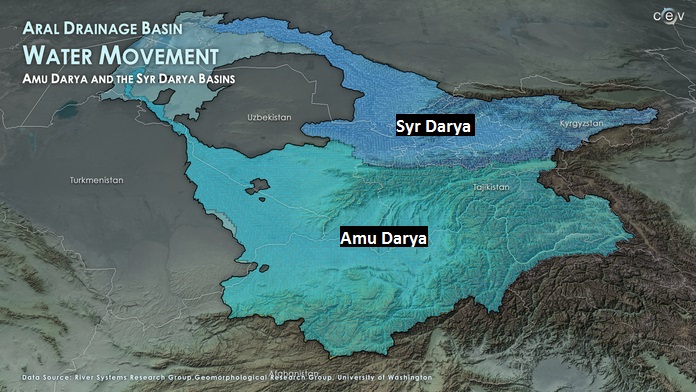
Water Shortages Likely to Reduce Central Asian GDPs by 11 Percent
Although Central Asia as a whole has enough water to promote development, problems in sharing this critical resource among the region’s five post-Soviet republics—Kazakhstan, Kyrgyzstan, Uzbekistan, Turkmenistan and Tajikistan—are becoming downright severe. According to a new World Bank study, such localized water crises could reduce... MORE

Central Asia’s ‘Karabakhs’ May Be Even More Dangerous Than the Original
The renewed violence in Azerbaijan’s separatist region of Karabakh (see EDM, April 6) is attracting attention to three larger problems in other parts of the former Soviet space: the existence of ethnic exclaves in neighboring countries, the continuing failure of the states of the region... MORE